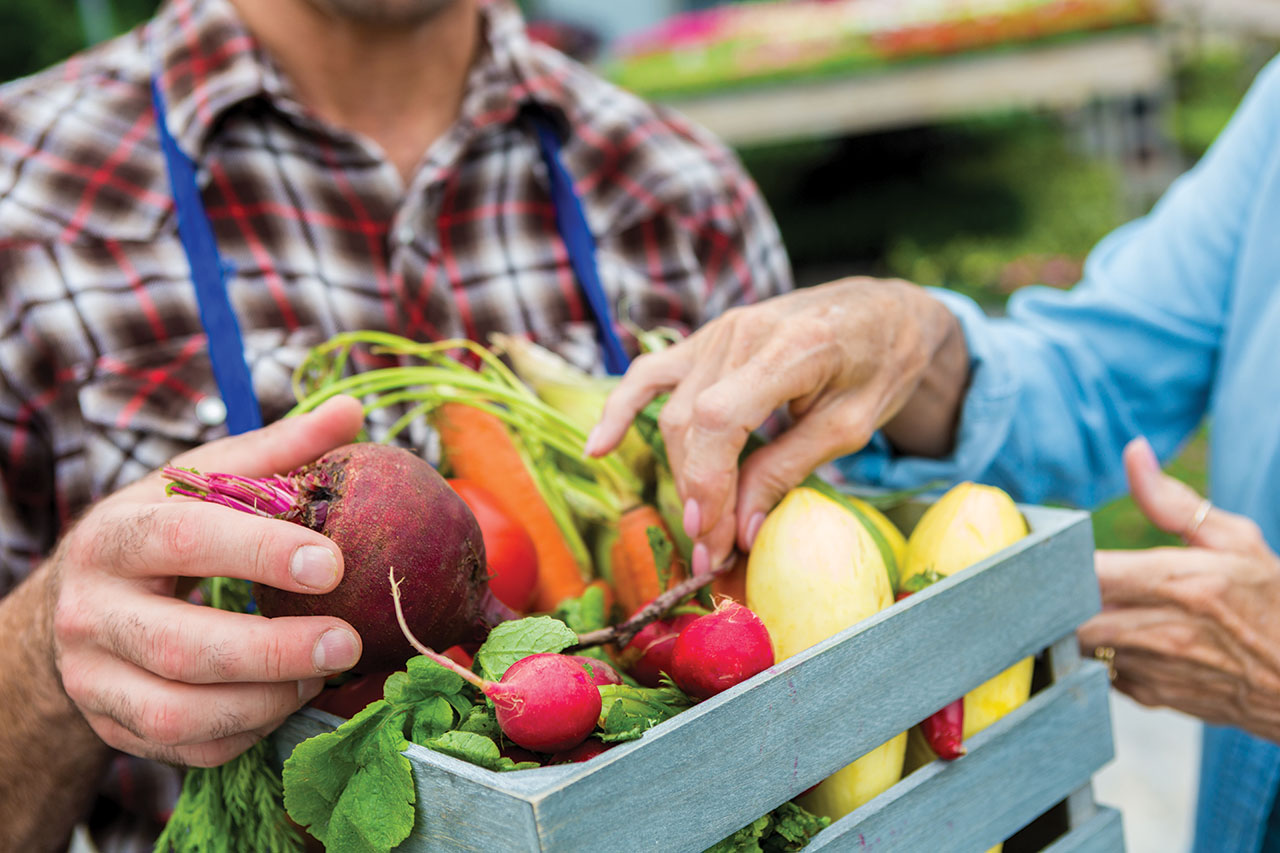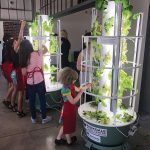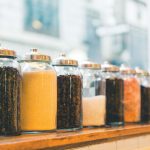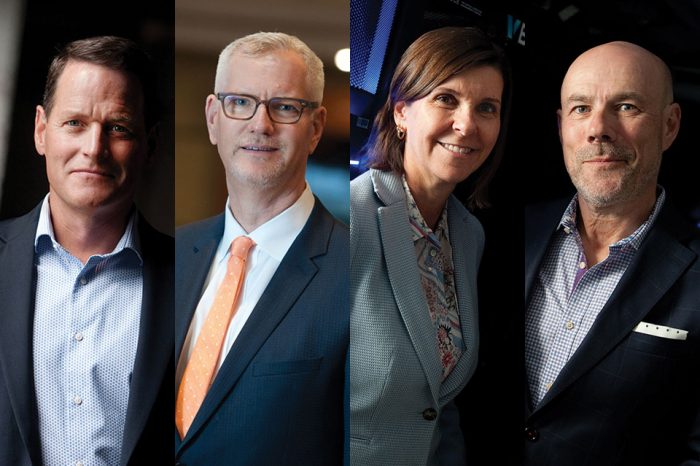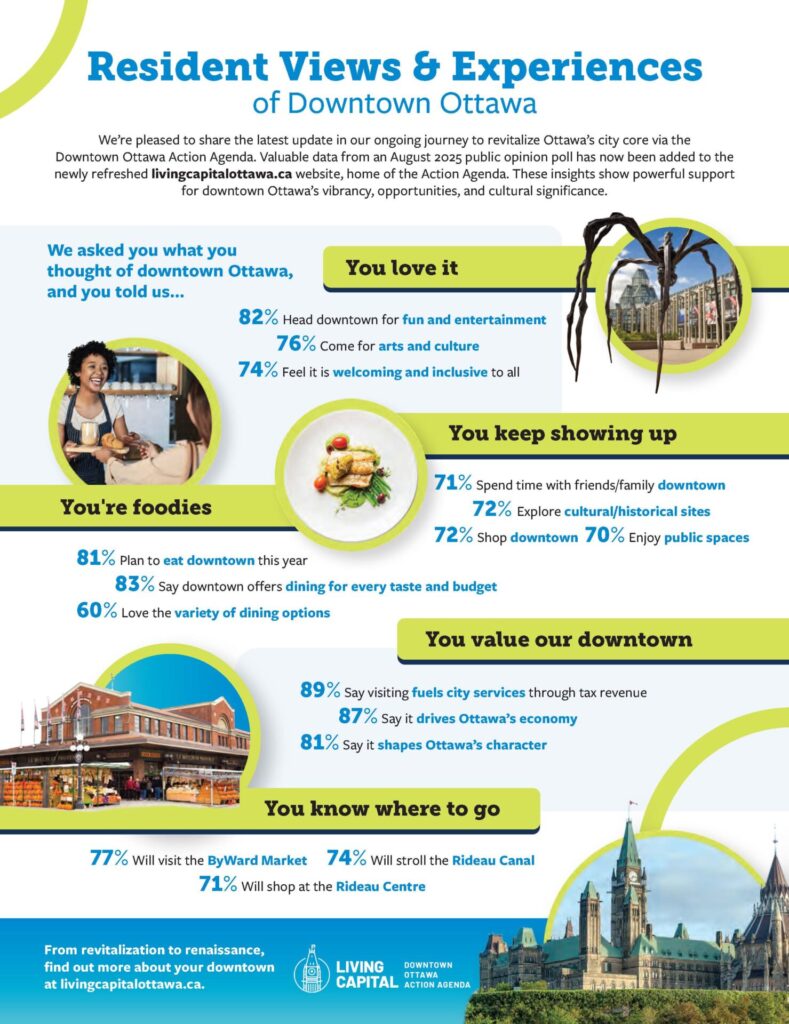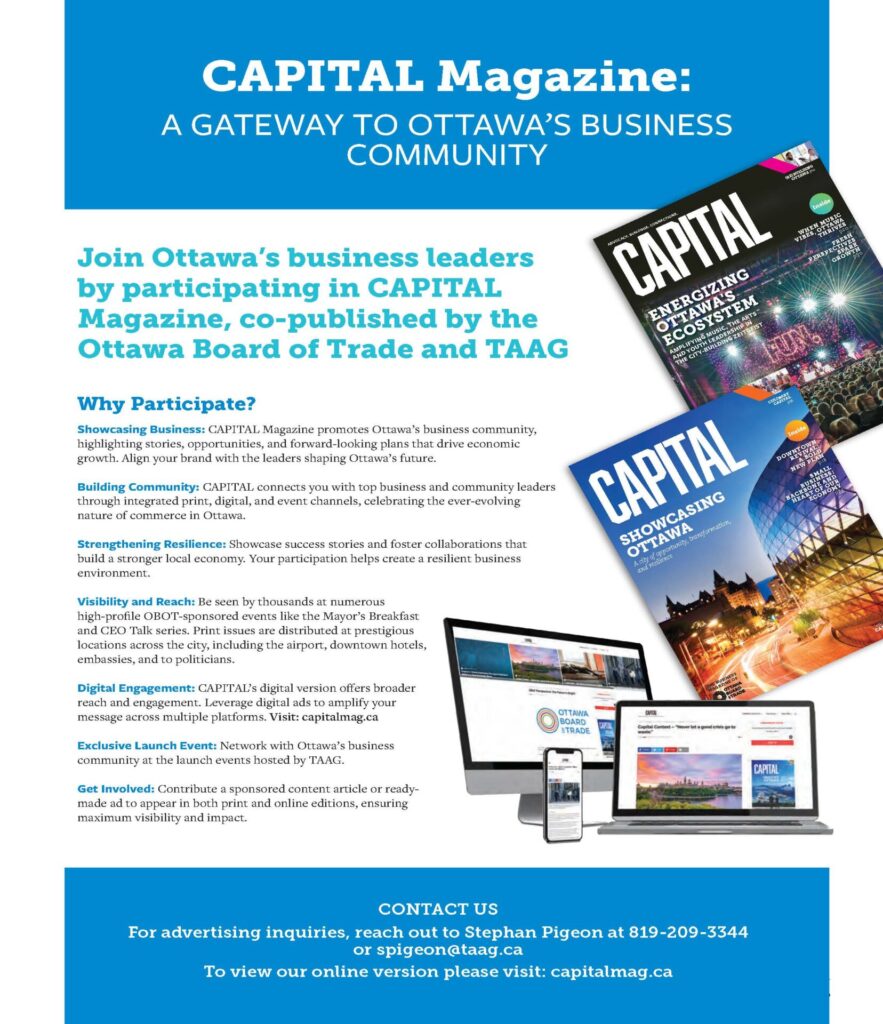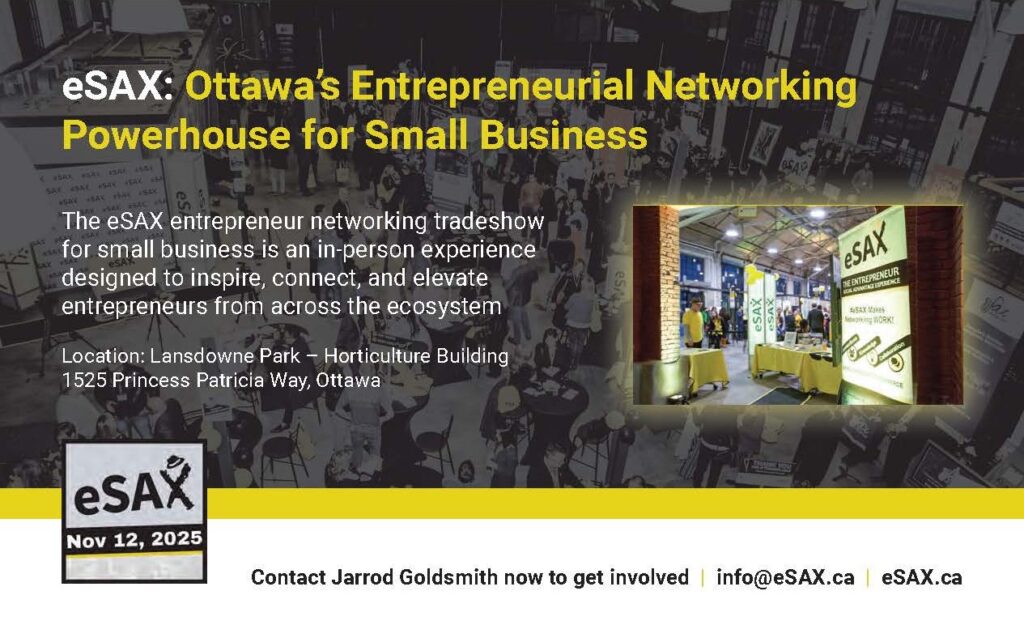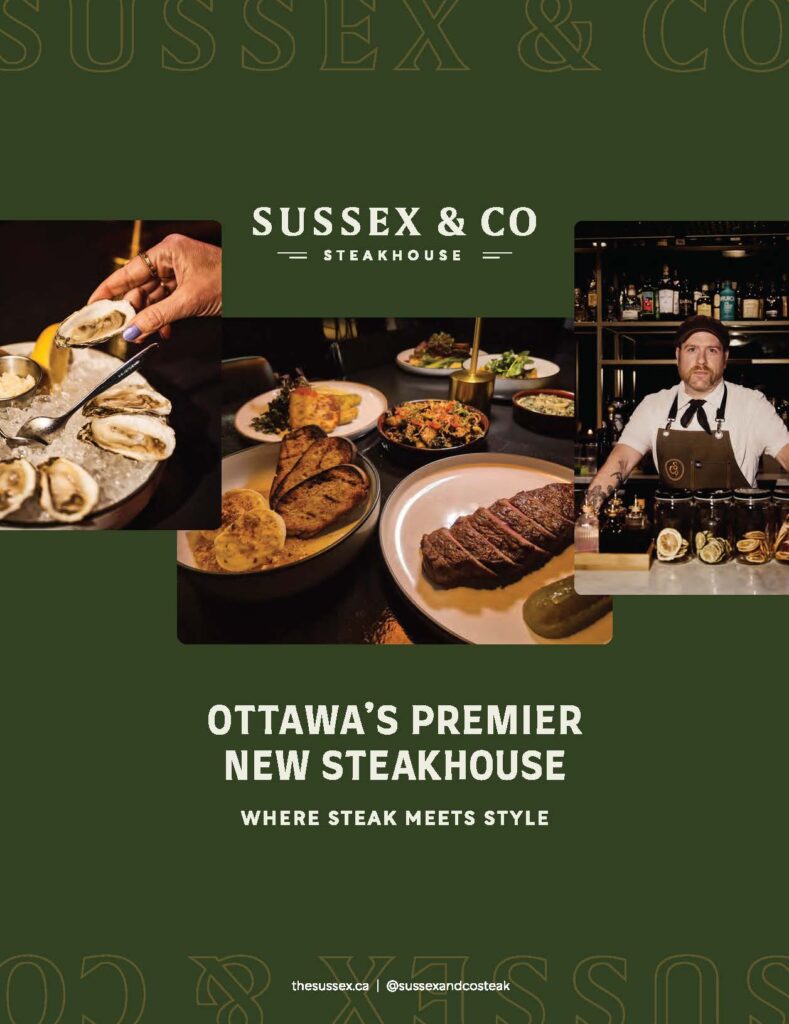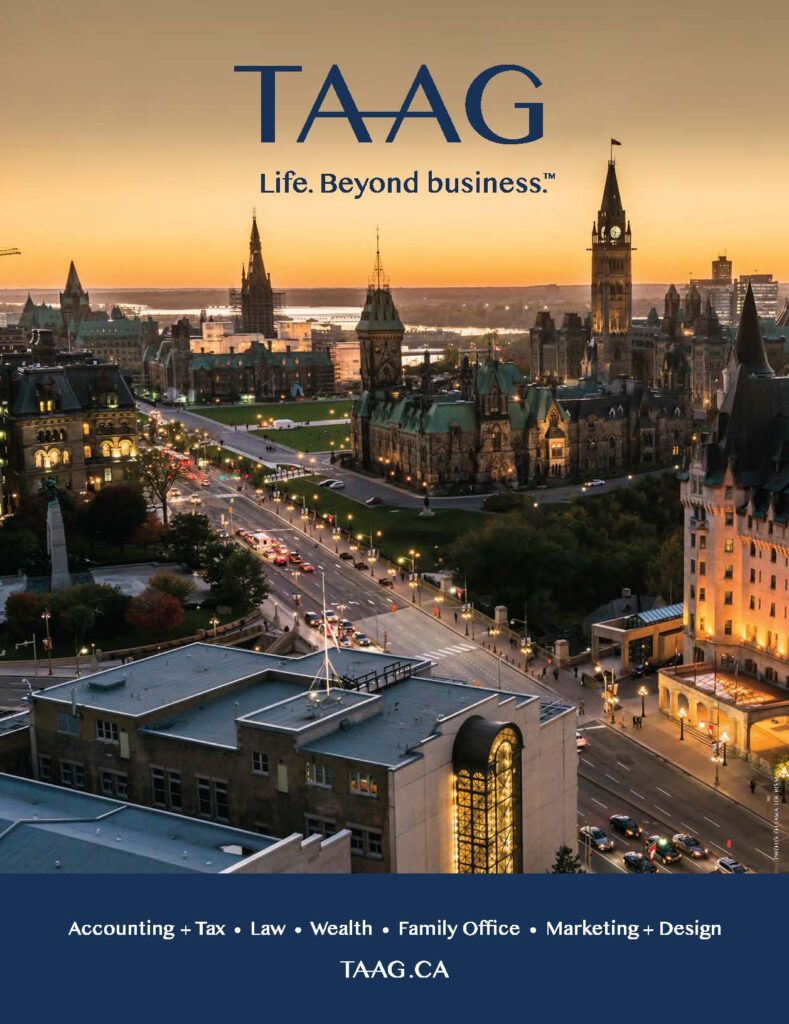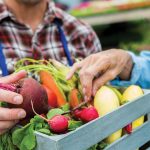Starting Up in Ottawa: Breaking Ground
Rethinking how we buy our food
By Barbara Balfour
Only 10 years ago, a sustainable business was considered novel and cutting-edge. Thanks to increasingly discerning consumers, the reaction many businesses get nowadays is not so much admiration but more, “Well, why wouldn’t you be?”
That is especially true for small businesses with a personal connection to the community, says Mischa Kaplan, who along with his wife Sarah, co-owns health food markets Rainbow Foods and Market Organics.
“It’s easier for us to engage in these practices, and so we carry more responsibility to be a leader in these areas,” says Kaplan, who was nationally recognized by the Canadian Heath Food Association with the Sustainable Retailer award in 2016.
“In addition to being more engaged with employees and minimizing our carbon footprint, being sustainable also differentiates us from a business perspective. Our customers see more value in shopping with us than with bigger box retail.”
The Kaplans see themselves in a partnership role with about 150 vendors, many of whom are local, and work hard to be among the first in Ottawa to carry a new item or promote a new venture.
“We were one of the first to carry Backyard Edibles, which rents space in people’s backyards and transforms them into productive market gardens,” says Kaplan. “In the summer months, 90 percent of our produce comes from the 613 area, and at least 20 percent of the boxed products, including health and beauty, are locally made.”
Rising demand from consumers for eco-friendly and sustainable products is changing not only what we shop for but also how we shop. Tapping into a growing trend in Europe, school teacher turned entrepreneur Valerie LeLoup is bringing a zero-waste lifestyle to Ottawa with the opening of her brand new shop, Nu, in Hintonburg this summer.
LeLoup adopted the lifestyle only a year and a half ago after reading the book, “Zero Waste Home,” by Bea Johnson, the pioneer guru of zero-waste living. “The overarching message was about reinventing consumption in a minimalistic way. You ask yourself, ‘Do I really need this?’ If so, how can you satisfy the need in a way that doesn’t negatively impact the environment?”
She began avoiding single-use and plastic packaging and bought her groceries only in bulk. But the lack of a one-stop shop quickly grew tiring—so LeLoup decided to open her own.
The 1,400-square foot shop will offer a range of items—from cleaning products to produce, condiments, and prepared foods—in bulk. Customers are encouraged to bring their own containers, although cotton bags and glass jars will also be available for purchase.
“Many products are available in bulk, but the target market is often hotels and restaurants rather than the general public, so it’s been a matter of finding them,” says LeLoup. “Working with local suppliers has given us the opportunity to bring back those larger containers to them so everything gets re-injected into the cycle.”
To minimize produce waste, a local chef will come in every night to collect overripe fruits and vegetables and process them into a dish that will be available the next day in the prepared meal section.
“The most rewarding part about this lifestyle is that it helps you escape the materialistic craze,” says LeLoup.
“You suddenly realize what makes you happy is not the latest gadget or a fancy car. What makes you happy is life experiences.”
The key to ensuring the longevity of the sustainability movement lies in engaging the next generation.
And when that time comes, Karen Secord, director of the Parkdale Food Centre, wants to ensure the next generation is physically—and financially—fit enough to pick up the reins.
After attending a nine-month residency on addressing economic inequality at the Banff Centre for the Arts and Creativity in 2015, Secord launched Growing Futures in Ottawa the following year.
The social enterprise teaches children to grow fresh vegetables, while matching them up with local businesses who teach them about entrepreneurship and purchase their harvests at market price.
With the help of innovative vertical planters in which veggies can be grown year-round—four of which are housed at the Innovation Centre at Bayview Yards—kids are cultivating herbs for Culture Kombucha, making pesto for Thyme and Again, and beating out cupcakes with kale chips in fundraising sales.
It’s an ingenious way for schools and youth facilities to integrate food and financial literacy into their programming, while helping support the Parkdale Food Centre, says Sonya Shorey, communications director for Invest Ottawa.
“Kids are using this technology to sell produce to visitors and tenants in the Innovation Centre,” says Shorey. It’s a novel approach to encourage entrepreneurship, address hunger, and give back to the community in ways we could not have anticipated.”
Secord believes these skills will also lead to better academic performance and increased opportunities for kids.
“If we do nothing, we will see more and more kids at the food bank 10 years from now, or in the health care system. This program takes away the mystery of entrepreneurship and teaches kids that food doesn’t just appear at your table.
“I have been incredibly blown away by the way that children are talking about business, how proud they are to be involved it. People told me, ‘Kids like canned pasta, not fruits and vegetables. I said, ‘I don’t think so. If you put good food in front of them, they will want it.’”
Barbara Balfour is a freelance journalist, TV host, and producer based in Ottawa.
